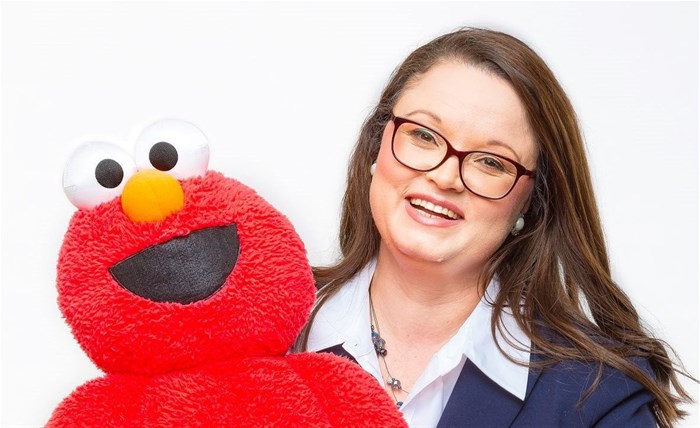






Here, Payne chats to us about some of the struggles facing teachers today, and how we can help our kids learn through play to create a better tomorrow.
My career started off in law, but I soon realised that education is where I should be and, in particular, early childhood development. I continued my studies in ECD, while working full time. I now hold a B.Ed (early childhood development and foundation phase) degree and a Hons B.Ed (with specialisation in early childhood development) from Unisa.
Education and teaching have always been a core part of my existence; ever since I was a little girl, my favourite game was to play school-school with all my dolls and teddy bears. Through my formative years and later into adulthood, whenever I am surrounded by young children and I can make a difference in their lives, my soul is fed and I am content.
My previous work experience includes working for Save the Children South Africa as a senior education project manager as well as Unicef South Africa country office as an ECD consultant. I have over 15 years’ experience working in child rights, child law, early childhood development and basic education. My research interests are in early childhood development and the importance/impact of play-based learning. I was part of the research team to map the gaps between expert, stakeholder and public understanding of ECD in South Africa with the FrameWorks Institute in Washington, DC. I served on Unicef’s internal working group for early childhood development and co-authored several publications on ECD, the importance of play-based learning for young children and the impact it has on brain development. I am involved in supporting young children through play in my free time and I am an avid supporter of the right to play.
Apart from my work, I am also a daughter, a sister, a wife and a mother of a two-and-a-half-year-old baby girl.
The most fulfilling part of my work is to make a positive impact in the lives of children across South Africa, through creating high quality educational content that will help them succeed in school and in life. My work also consists of managing a team of 20 people across three provinces through our direct services interventions in communities, working with government officials, principals, teachers, parents, social workers and children through implementing play-based learning programmes. Through this, I know that what I do daily has a direct positive impact on thousands of children on the ground.
Specifically in the early childhood development field, teachers deal with overcrowded classrooms and lack of resources. Through our programmes, we equip them on how to effectively manage their classrooms, through learning through play. We capacitate them on how to set up play stations and rotate children so that they can effectively engage children on a one-on-one basis and rotate children between the different play stations so that they develop holistically through the different activities. We also capacitate teachers on how to make their own resources by using recycled materials. This not only assists teachers to create and make the necessary resources, but it also contributes to the confidence levels and self-esteem of these teachers.
On 1 April 2022, the ECD function was officially handed over from the Department of Social Development (DSD) to the Department of Basic Education (DBE). This resulted in the first-ever nationwide ECD Census that was commissioned by the DBE. The findings from the census will assist with proper planning and development of the ECD field. It contains critical data regarding the ECD workforce and their qualification levels. This information is key for the DBE to draft a human resource development plan for the sector. Having the ECD sector form part of the Basic Education system will enable the DBE to collect real time data through their existing monitoring systems.
ECD teachers need to have the passion, love for young children and necessary skills to be able to lay a solid foundation for young children to succeed in later life. As a sector, we need to motivate and capacitate these teachers to fulfil this very important role. At the moment, unfortunately most of the ECD teachers are paid a minimal salary working in very challenging working conditions, which makes the sector unattractive to young people. We need to continue to advocate for the importance of early childhood development, especially to adolescents at school level when they are considering their career paths. ECD has a direct impact to build a better society for all. We need to invest in the early years! 90% of a child’s brain develops before the age of five.
At Sesame Workshop, it is our mission to help all children to become smarter, stronger and kinder. Living and working in a country such as South Africa with 11 official languages and a diverse nation with multiple cultures, languages and religions, it is crucial to teach children from a very young age to respect others, but also to be proud of who they are and where they come from and that we all have something that makes us special in our own way. We teach the value of ubuntu through concepts such as sharing, caring and being kind. We might all look different and like or dislike different things, but we can all still play together.
By the time the young children of today enter the workforce, a lot of the jobs we know today won’t exist anymore, and new jobs will be available to pursue that don’t exist yet. Therefore, it is key to develop skills in young children such as socio-emotional skills, communication, collaboration, creativity, problem solving, critical thinking, leadership, flexibility etc. to prepare them for the future and a changing world.